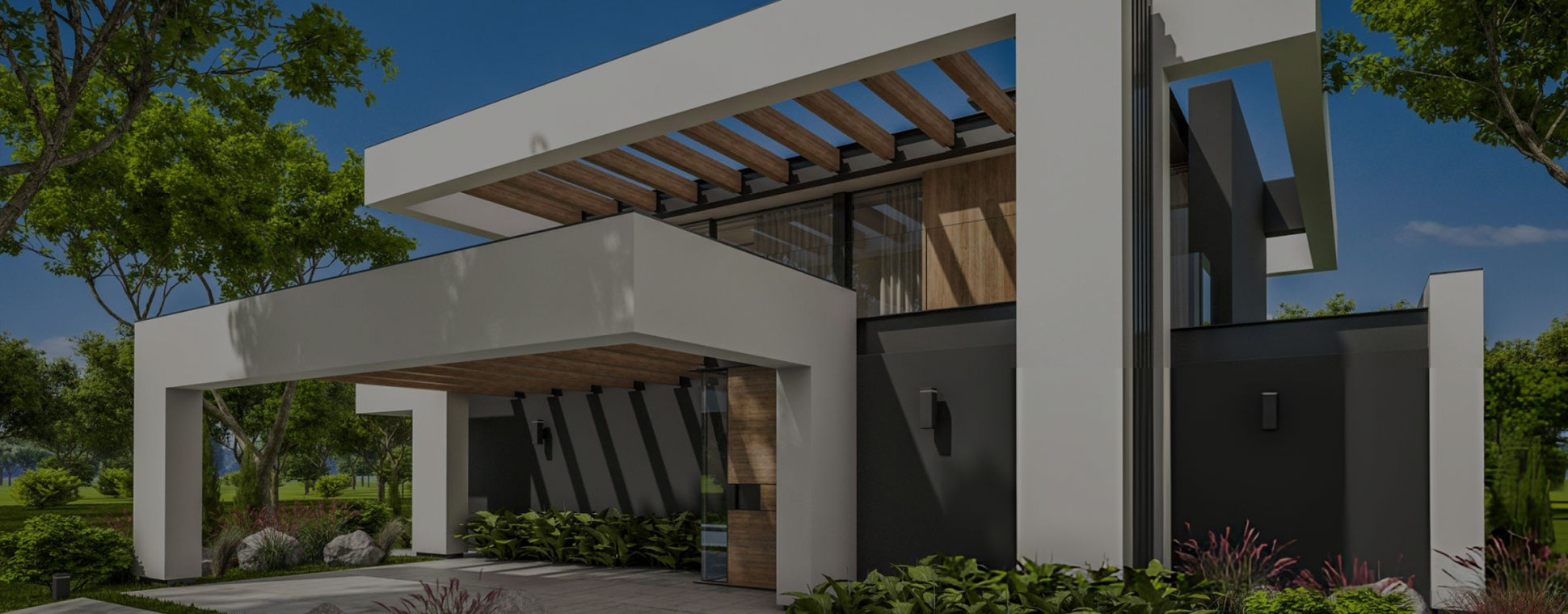
Common Mistakes to Avoid When Starting a Construction Project.
Starting a construction project, whether it’s a residential, commercial, or industrial build, is a significant investment that requires careful planning and execution. However, many projects encounter avoidable mistakes that can lead to delays, budget overruns, and compromised quality. Below is a detailed breakdown of the most common mistakes to avoid when starting a construction project:

1. Lack of Proper Planning and Research
Proper planning and research form the foundation of a successful construction project. Failing to establish a clear project scope, conduct feasibility studies, or assess potential risks can lead to unexpected challenges. A well-structured plan, including detailed blueprints, timelines, and material procurement strategies, helps in streamlining operations and preventing costly disruptions. Engaging with architects, engineers, and project managers early in the process ensures a solid foundation for decision-making and avoids unnecessary modifications later.
2. Underestimating the Budget
Accurate budgeting is crucial for keeping a construction project on track. Many developers overlook essential expenses such as permit fees, labor wages, fluctuating material costs, and unforeseen contingencies. A detailed cost breakdown, along with an emergency fund, ensures financial stability and prevents work stoppages due to funding shortages. Regular financial reviews and cost control measures help in keeping the project within the estimated budget and prevent last-minute financial strain
3. Skipping Legal and Regulatory Compliance
Obtaining the necessary permits and adhering to legal requirements are non-negotiable steps in any construction project. Failing to comply with zoning laws, safety codes, and environmental regulations can lead to hefty fines, project shutdowns, and legal complications. Partnering with legal consultants and ensuring all paperwork is completed before construction begins prevents regulatory setbacks. Conducting periodic compliance checks throughout the project ensures that no legal issues arise unexpectedly.
4. Hiring the Wrong Contractors
Selecting unskilled or unlicensed contractors can jeopardize project quality and timelines. Poor craftsmanship, delays, and safety violations often stem from hiring inexperienced workers. Conducting thorough background checks, reviewing past projects, and signing detailed contracts with qualified professionals ensures a reliable workforce and high construction standards. Choosing contractors with industry certifications and good client reviews enhances the credibility and efficiency of the project.
5. Poor Communication and Coordination
Effective communication between project stakeholders—including architects, engineers, contractors, and clients—is essential for seamless execution. Miscommunication leads to errors, rework, and scheduling conflicts. Implementing construction management software and holding regular coordination meetings enhance collaboration and minimize misunderstandings. Establishing a centralized communication system allows for real-time updates, issue tracking, and efficient problem-solving.
6. Ignoring Site Conditions and Environmental Factors
Effective communication between project stakeholders—including architects, engineers, contractors, and clients—is essential for seamless execution. Miscommunication leads to errors, rework, and scheduling conflicts. Implementing construction management software and holding regular coordination meetings enhance collaboration and minimize misunderstandings. Establishing a centralized communication system allows for real-time updates, issue tracking, and efficient problem-solving.
7. Safety Negligence
Construction sites are inherently hazardous, and overlooking safety protocols increases the risk of accidents, injuries, and project delays. Implementing strict safety regulations, providing protective gear, and conducting routine inspections create a secure work environment. Compliance with occupational health and safety standards also reduces legal liabilities. Training workers in emergency procedures and enforcing safety audits further minimize risks and enhance workplace safety.
8. Compromising on material quality
Using substandard materials to cut costs can lead to long-term structural problems and increased maintenance expenses. High-quality, durable materials sourced from reputable suppliers ensure the longevity and safety of the construction. Investing in premium materials may initially seem costly but proves cost-effective over time due to reduced repair and replacement needs. Evaluating material warranties and supplier credentials ensures reliability and durability in construction.
9. Lack of Technological Integration
Modern construction relies heavily on advanced technology to enhance efficiency and accuracy. Ignoring digital tools such as Building Information Modeling (BIM), drone surveys, AI-driven project monitoring, and automated scheduling software can slow progress and inflate costs. Embracing technology optimizes workflow, reduces errors, and improves overall project management. Integrating smart construction techniques and automation streamlines operations and reduces manual workload.
10. Setting Unrealistic Timelines
Unrealistic deadlines put pressure on workers, compromise construction quality, and lead to rushed decisions. A well-structured timeline that factors in material procurement, weather conditions, permit approvals, and unexpected delays helps in maintaining a balanced work schedule. Strategic time management ensures timely completion without sacrificing quality. Regular progress assessments and buffer periods in the schedule help in managing potential delays effectively.
Conclusion
Avoiding these common construction mistakes ensures a successful, cost-effective, and high-quality project. Proper planning, budgeting, contractor selection, and adherence to legal requirements play a crucial role in seamless execution. By integrating modern technology, maintaining open communication, and prioritizing safety, construction projects can be completed efficiently with minimal risks. At Sribha Infra Build, we specialize in residential, commercial, and industrial construction projects with a focus on quality, safety, and efficiency. Our experienced team is dedicated to delivering projects on time and within budget. Contact us today for expert consultation and project management services. Visit our website: www.sribhainfra.com.

